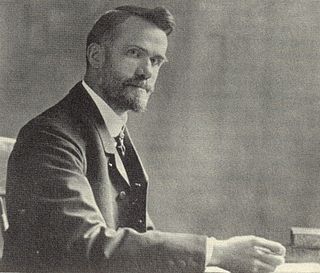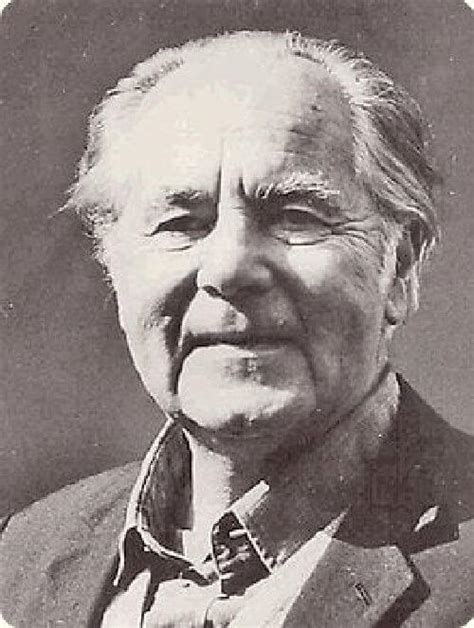A Quote by Chaim Potok
To the extent that I come from a deeply religious tradition and have been contending with those beginnings all of my life - that constitutes the subject of much of my early fiction.
Related Quotes
When a child who has been conceived in love is born to a man and a woman, the joy of that birth sings throughout the universe. The joy of writing or painting is much the same, and the insemination comes not from the artist himself but from his relationship with those he loves, with the whole world. All real art is, in its true sense, religious; it is a religious impulse; there is not such thing as a non-religious subject.
I think the media in America have been absolutely fantastic about the rise of Trump, they've kept a firm eye on the ball: this constitutes democracy, this constitutes transparency, this constitutes fairness, this constitutes the way to behave in a civic society, this constitutes fascism, this constitutes authoritarianism. They're drawing that line, and they're calling him out every time. That's really what needs to happen, and you just have to do that.
Religious ideas about good and evil tend to focus on how to achieve well-being in the next life, and this makes them terrible guides to securing it in this one. Of course, there are a few gems to be found in every religious tradition, but insofar as these precepts are wise and useful they are not, in principle, religious.
Christians got a lot of work to do. But, the spirit of Dorothy Day is alive. Martin Luther King is still alive. Malcolm X and the prophetic Islamic tradition is still alive. We can't lose sight of those prophetic religious folk who, even given their kin in the same tradition, says, you all are wrong on this, but we're still in the same tradition.


































